Electric BMW IX3 Has 270 HP and 249 Miles of Range

The BMW iX3 Concept has made its official debut at Auto China 2018 in Beijing, previewing BMW’s vision for a fully electric crossover sold under its ‘i’ sub-brand.
Powering the iX3 is BMW’s fifth-generation electric drive system, which is making 270 hp in the crossover. The battery pack is rated at 70 kWh, giving the vehicle a theoretical driving range of 249 miles. The system is also compatible with 150 kWh fast charging stations, allowing the battery to be charged from flat to full in just 30 minutes. BMW says this fifth-generation motor and state-of-the-art battery are representative of the production powertrain that will appear in its next production EV, which like the iX3, will be a Sports Activity Vehicle.
In a statement, BMW said that with the iX3 Concept, the company “is opening a new chapter in its electrification strategy,” that will see it introduce “flexible, further developed vehicle architectures accommodating all types of front-wheel, rear-wheel and all-wheel drive,” in the near future.” This will pave the way for models from all BMW brands to be equipped with different EV drive system variants, it says, and will allow it to use plug-in, electric or combustion engine drive system in any model as needed or desired.
SEE ALSO: How Emissions Regulations Helped Create the BMW M2 Competition
“The BMW Concept iX3 underscores the BMW Group’s resolve to further strengthen its leading position in the field of electric mobility,” the company said in a statement. “The expansion of the company’s range of vehicles offering locally emission-free mobility is one of the central spheres of activity defined by the Automated, Connected, Electrified and Services (ACES) technological fields, on which the company is driving forward the transformation of the mobility sector as part of its NUMBER ONE > NEXT strategy.”
The production version of the BMW iX3, or whatever BMW ends up calling its electric activity vehicle, is expected to arrive in 2020.
Discuss this story on our BMW Forum.

Sam McEachern holds a diploma in journalism from St. Clair College in Windsor, Ontario, and has been covering the automotive industry for over 5 years. He conducts reviews and writes AutoGuide's news content. He's a die-hard motorsports fan with a passion for performance cars of all sorts.
More by Sam McEachern



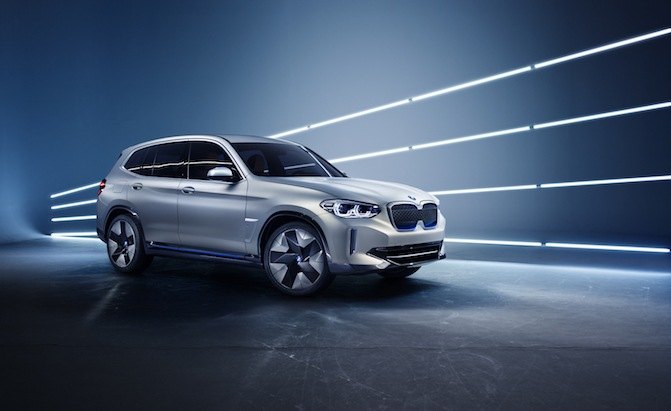

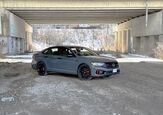



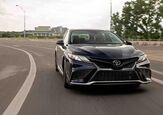






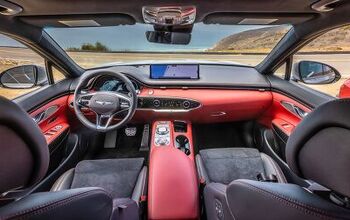

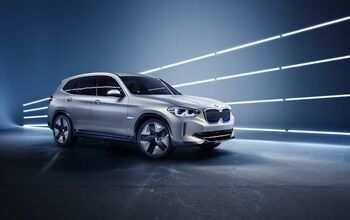
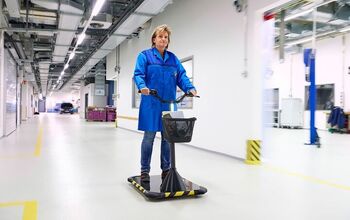
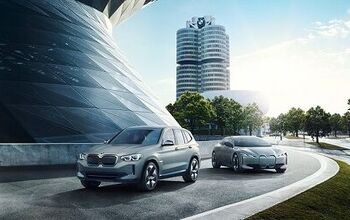
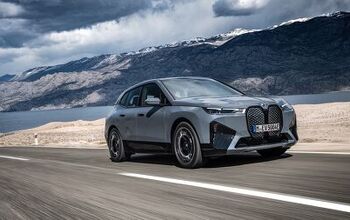
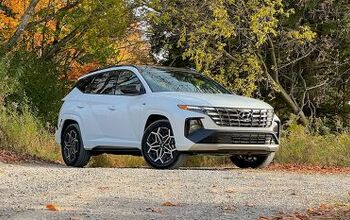
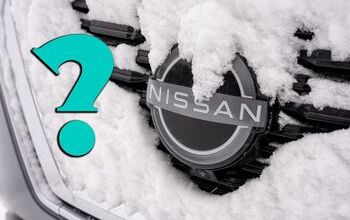

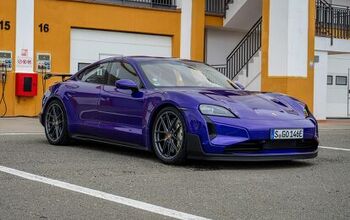
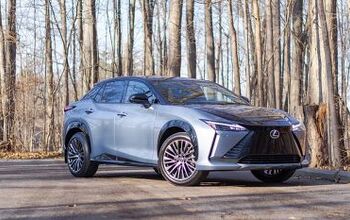
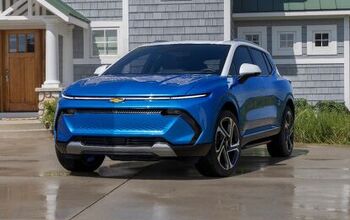
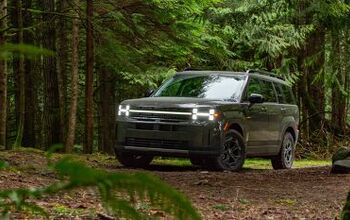

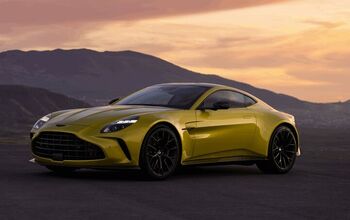
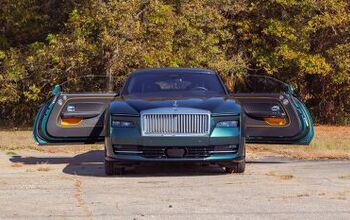
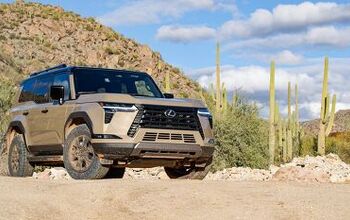
Comments
Join the conversation
Where the hell are the charging stations along the interstates and prime use secondary roadways outside of major cities that will avert this headlong industry crash into a wall of depleted battery power? NOBODY is talking about that! The proposed charging station infrastructures thus far are woefully inadequate. Guess what, oil companies aren't gonna install chargers at their gas stations. And dammit, all the industry types and politicians conveniently elect to forget how 90% of the world's electricity is generated. Costa Rica's highly touted 95% renewably generated electricity is ridiculously expensive. I KNOW that to be a fact. I've lived here for two years! Get ready for much more dependency on mass transit...whuch is what socialist planners want anyway. Automotive stockholders are about to be fleeced when EV sales crash because those vehicles are useful in already overburdened surface roadways. "I want myb